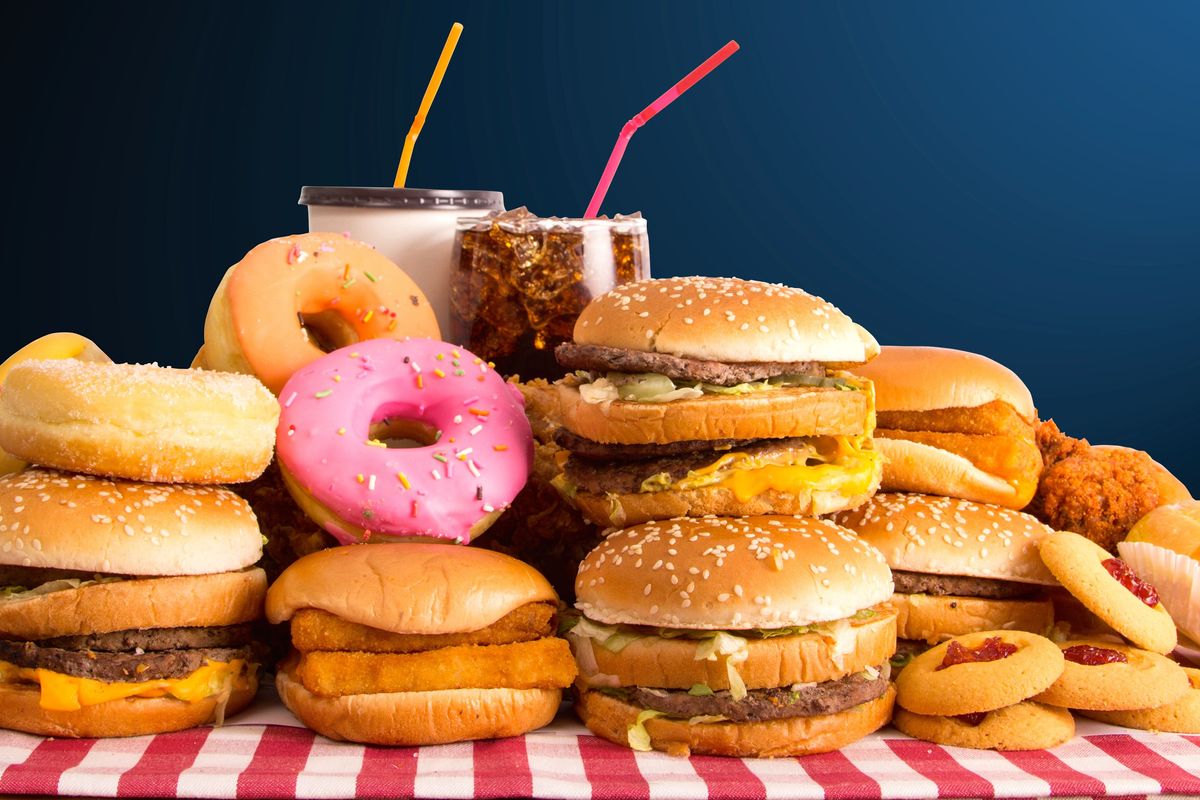Junk food companies 'freaking out' as people on weight-loss meds eat better: columnist
Junk food companies are starting to get nervous over how many Americans use GLP-1 medications to lose weight. Washington Post columnist Catherine Rampell walked through shocking details of the economic impact of drugs like Wegovy and Ozempic cited in a new study by Cornell University and Numerator."Some junk-food companies and alcohol sellers are freaking out about the prospect of reduced appetites or booze cravings. As they should," Rampell said, citing data showing a substantial reduction in grocery spending, but also a shift in the kind of groceries being purchased. ALSO READ: Free school lunch works — but rightwingers don’t care about outcomesShe calculated a $416 reduction in food and drink purchases per home annually so far. Higher-income households are spending even less. The reduction is largely due to snacks like chips, which have seen an 11% reduction, and baked goods, which have experienced a 9% drop. Meanwhile, there has been a slight increase in purchasing healthier foods like fresh fruits and yogurts. Meanwhile, the Danish pharmaceutical company Novo Nordisk, which makes Ozempic and Wegovy, made so much money that it impacted the country's economy. While much of Europe continued to struggle in the aftermath of the global pandemic, Denmark's currency "strengthened," the report said. The Danish central bank then cut interest rates to ensure their currency was steady against the euro. "Put another way: Overweight Americans unintentionally helped Danes get cheaper mortgages," wrote Rampell. Read more here.


Junk food companies are starting to get nervous over how many Americans use GLP-1 medications to lose weight.
Washington Post columnist Catherine Rampell walked through shocking details of the economic impact of drugs like Wegovy and Ozempic cited in a new study by Cornell University and Numerator.
"Some junk-food companies and alcohol sellers are freaking out about the prospect of reduced appetites or booze cravings. As they should," Rampell said, citing data showing a substantial reduction in grocery spending, but also a shift in the kind of groceries being purchased.
ALSO READ: Free school lunch works — but rightwingers don’t care about outcomes
She calculated a $416 reduction in food and drink purchases per home annually so far. Higher-income households are spending even less. The reduction is largely due to snacks like chips, which have seen an 11% reduction, and baked goods, which have experienced a 9% drop. Meanwhile, there has been a slight increase in purchasing healthier foods like fresh fruits and yogurts.
Meanwhile, the Danish pharmaceutical company Novo Nordisk, which makes Ozempic and Wegovy, made so much money that it impacted the country's economy. While much of Europe continued to struggle in the aftermath of the global pandemic, Denmark's currency "strengthened," the report said.
The Danish central bank then cut interest rates to ensure their currency was steady against the euro.
"Put another way: Overweight Americans unintentionally helped Danes get cheaper mortgages," wrote Rampell.



